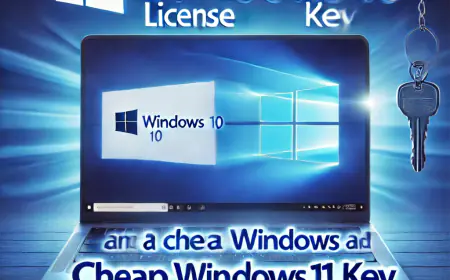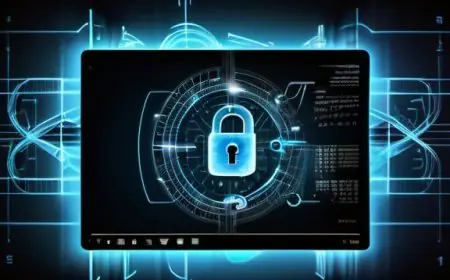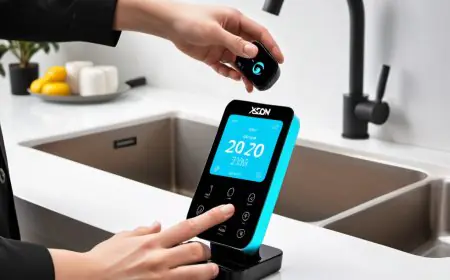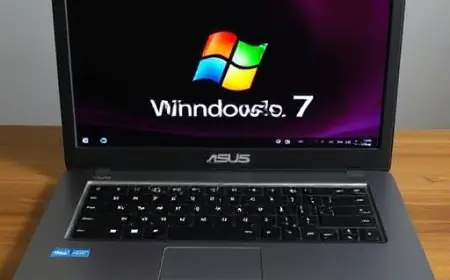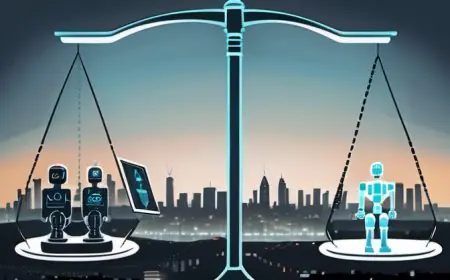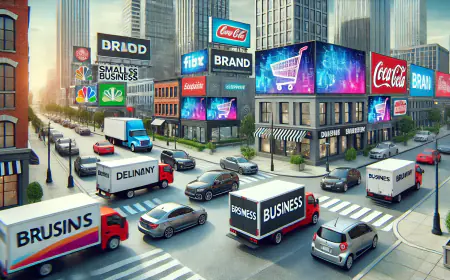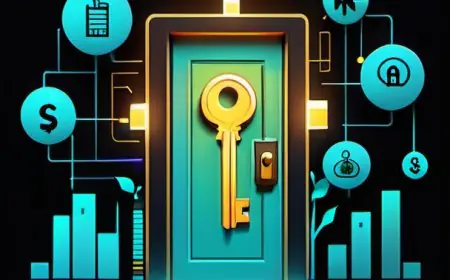The Ultimate Guide to Digital Business Cards in 2023
Discover the benefits of digital business cards in 2023. Learn how to create, customize, and share your digital business card seamlessly while staying eco-friendly and professional.

Introduction
In today’s fast-paced digital world, traditional paper business cards are becoming obsolete. Digital business cards offer a more sustainable, efficient, and interactive way to share contact details. Whether you're an entrepreneur, freelancer, or corporate professional, switching to a digital business card can enhance your networking experience. This guide explores everything you need to know about digital business cards in 2023.
What Are Digital Business Cards?
Digital business cards are electronic versions of traditional business cards that can be shared via email, QR codes, NFC (Near Field Communication), or mobile apps. They allow users to store and exchange contact information instantly without the need for physical printing.
Why Choose Digital Business Cards?
1. Eco-Friendly and Cost-Effective
Digital cards eliminate paper waste and printing costs, making them a sustainable alternative.
2. Easy to Update
Unlike printed cards, digital business cards can be edited anytime, ensuring your information is always up-to-date.
3. Seamless Sharing
Share your digital card effortlessly through QR codes, links, or NFC technology.
4. Enhanced Customization
Add interactive features such as social media links, videos, and call-to-action buttons.
How to Create a Digital Business Card
1. Choose a Platform
Several online tools and apps allow you to create digital business cards, including:
-
HiHello
-
Linq
-
Beaconstac
-
Blinq
2. Design Your Card
-
Use a professional and visually appealing template.
-
Include essential details: name, job title, company, phone number, email, and website.
-
Add social media links and a professional photo.
3. Select a Sharing Method
-
Generate a QR code for instant scanning.
-
Use NFC-enabled cards for quick sharing.
-
Send your card via email or text message.
Best Practices for Using Digital Business Cards
-
Keep it concise: Only include relevant information.
-
Make it visually appealing: A clean and professional design leaves a lasting impression.
-
Test different sharing methods: Ensure compatibility across various devices.
-
Regularly update information: Keep your details current to avoid outdated contacts.
Future Trends in Digital Business Cards
-
AI-powered networking: Automated follow-ups and integration with CRM tools.
-
Augmented reality (AR) cards: Enhanced interactivity with 3D elements.
-
Blockchain-based business cards: Increased security and authenticity.
Conclusion
Digital business cards are revolutionizing the way professionals network in 2023. They provide a sustainable, convenient, and innovative approach to exchanging contact information. By leveraging the right platform and best practices, you can maximize your networking potential while staying ahead in the digital age.
What's Your Reaction?










